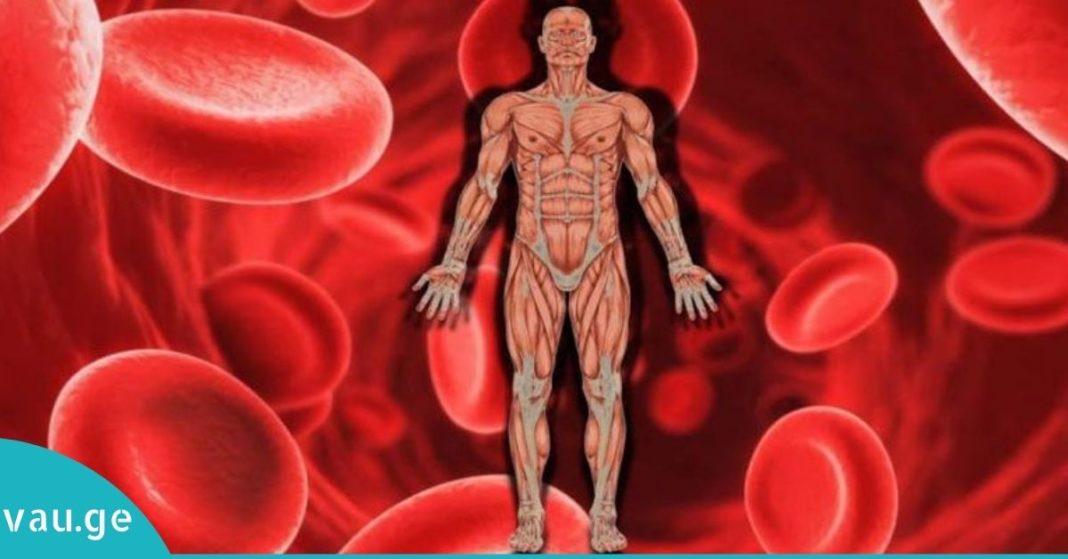Hemoglobin (Hb), a protein found in red blood cells, plays a crucial role in transporting oxygen throughout the body. It delivers oxygen from the lungs to various tissues and organs and carries carbon dioxide back to the lungs for exhalation. Maintaining a healthy level of hemoglobin is essential for proper physiological function, energy levels, and overall well-being.
Hemoglobin levels are typically measured in grams per deciliter (g/dL) of blood. Normal levels vary slightly depending on gender and age. For adult males, the normal range is approximately 14 to 18 g/dL, while for adult females, it’s generally 12 to 16 g/dL.
Symptoms of Low Hemoglobin
A decrease in hemoglobin levels can lead to a condition known as anemia. Some of the most common symptoms of low hemoglobin include fatigue, weakness, shortness of breath, dizziness, headaches, pale skin, pale gums or nail beds, rapid heartbeat, and loss of appetite. These symptoms arise because the body is not getting the oxygen it needs to function efficiently.
Causes of Low Hemoglobin
There are various causes of low hemoglobin, ranging from medical conditions to nutritional deficiencies. In women, common causes include pregnancy and menstruation, both of which can lead to significant iron loss. However, the most widespread cause of low hemoglobin levels is poor nutrition. Specifically, a lack of iron, folic acid, vitamin B12, and vitamin C can negatively impact red blood cell production.
Fortunately, there are natural ways to improve hemoglobin levels through dietary changes. Below are seven important foods and nutritional tips that can help boost your hemoglobin levels effectively.
1. Eat Iron-Rich Foods
Iron is the most essential mineral required for hemoglobin production. Without enough iron, your body cannot produce sufficient hemoglobin for red blood cells. Some excellent sources of iron include:
- Red meat (beef, lamb)
- Liver (especially chicken or beef liver)
- Shellfish such as shrimp and oysters
- Leafy green vegetables like spinach, kale, and Swiss chard
- Legumes such as lentils and chickpeas
- Nuts and seeds (almonds, cashews, pumpkin seeds)
- Dried fruits like dates and raisins
If you’re unable to meet your iron needs through food alone, iron supplements can be helpful. However, it’s important to consult a doctor before taking supplements, as excessive iron intake can be harmful and lead to complications such as constipation, nausea, or even organ damage.
2. Increase Your Vitamin C Intake
Vitamin C plays a key role in enhancing iron absorption in the body. Without enough vitamin C, your body cannot efficiently absorb iron from the foods you eat, especially from plant-based sources. To boost your vitamin C intake, incorporate the following foods into your diet:
- Citrus fruits (oranges, lemons, grapefruits)
- Papaya
- Strawberries
- Bell peppers
- Broccoli
- Tomatoes
Consuming a glass of fresh orange juice or eating a vitamin C-rich fruit along with your iron-rich meal can significantly enhance the iron absorption process.
3. Consume More Folic Acid
Folic acid, also known as vitamin B9, is essential for the production and maintenance of new cells, including red blood cells. A deficiency in folic acid can hinder hemoglobin production and contribute to anemia. Some folate-rich foods include:
- Dark green leafy vegetables
- Liver
- Brown rice
- Beans and lentils
- Wheat germ
- Fortified cereals
- Bananas
- Broccoli
- Peanuts
Folic acid is especially important for pregnant women, as it supports fetal development and prevents birth defects.
4. Include Beets in Your Diet
Beets are among the most effective foods for increasing hemoglobin naturally. They are rich in iron, folic acid, potassium, and dietary fiber. Beets help stimulate red blood cell production and improve overall blood quality. Drinking beetroot juice daily or including cooked beets in salads or side dishes is a great way to enhance your hemoglobin levels.
5. Eat Pomegranates
Pomegranates are another excellent food for improving hemoglobin. They contain a good amount of iron, as well as calcium, protein, carbohydrates, and fiber. The rich nutritional profile of pomegranates supports healthy blood circulation and increases the amount of hemoglobin in the blood. Drinking fresh pomegranate juice or eating the fruit regularly can have significant benefits.
6. Avoid Iron Blockers
While consuming iron-rich foods is essential, it’s equally important to avoid substances that can interfere with iron absorption. Certain foods and beverages can inhibit your body’s ability to absorb iron properly. These include:
- Coffee
- Tea
- Soda
- Beer and wine
- Dairy products (high in calcium)
- Calcium supplements
If you’re trying to improve your hemoglobin levels, try to reduce your intake of these items, especially around mealtime.
7. Monitor Your Nutritional Balance
Maintaining a balanced diet that includes all essential nutrients is key to preventing anemia and improving hemoglobin levels. In addition to iron, make sure you’re getting enough vitamin B12, which is crucial for red blood cell formation. Good sources of B12 include eggs, dairy products, fish, and fortified cereals.
Also, staying hydrated, exercising regularly, and avoiding processed foods can support overall blood health. If lifestyle changes don’t lead to improvements, or if symptoms persist, it’s important to consult a healthcare professional for further evaluation and treatment.


















